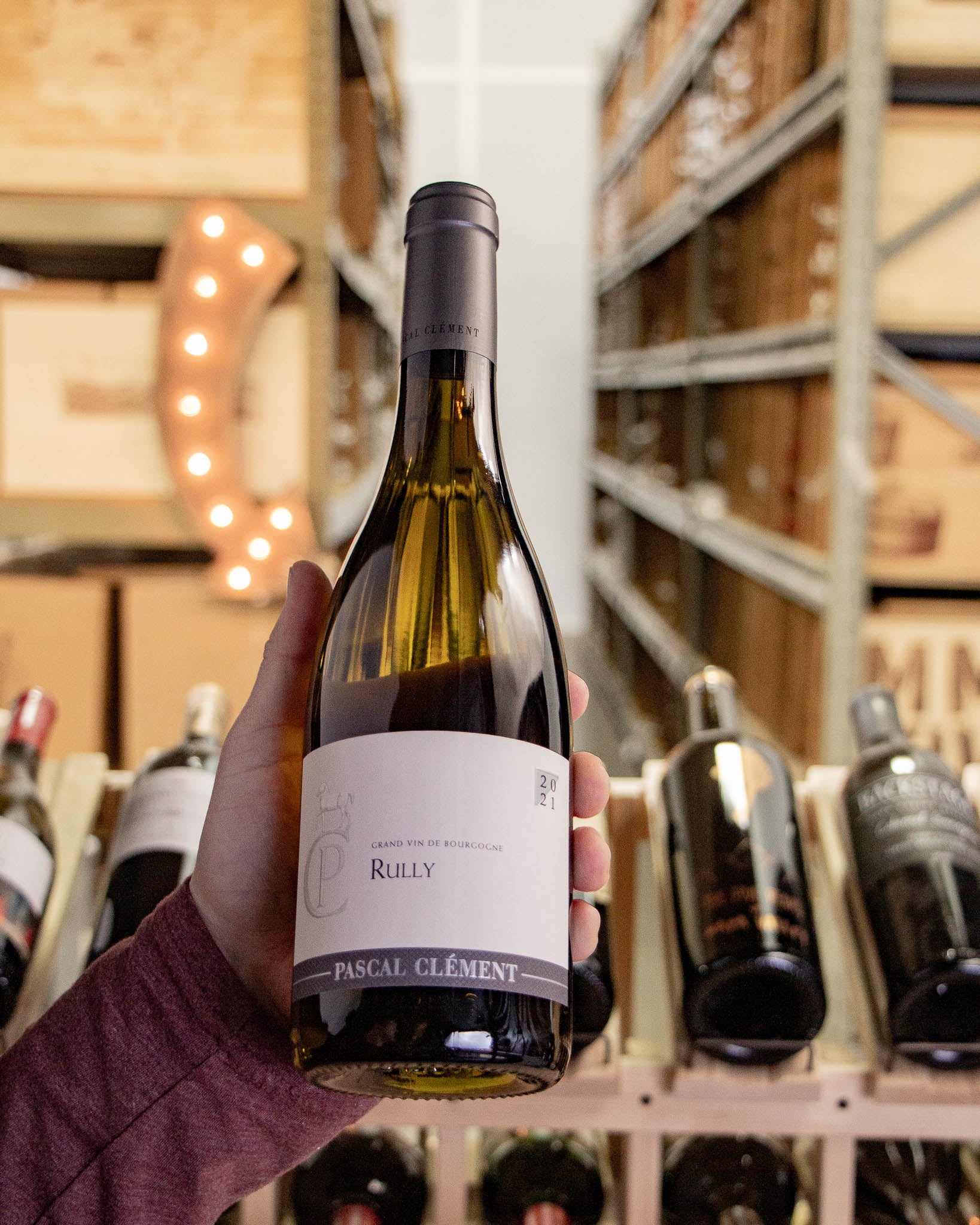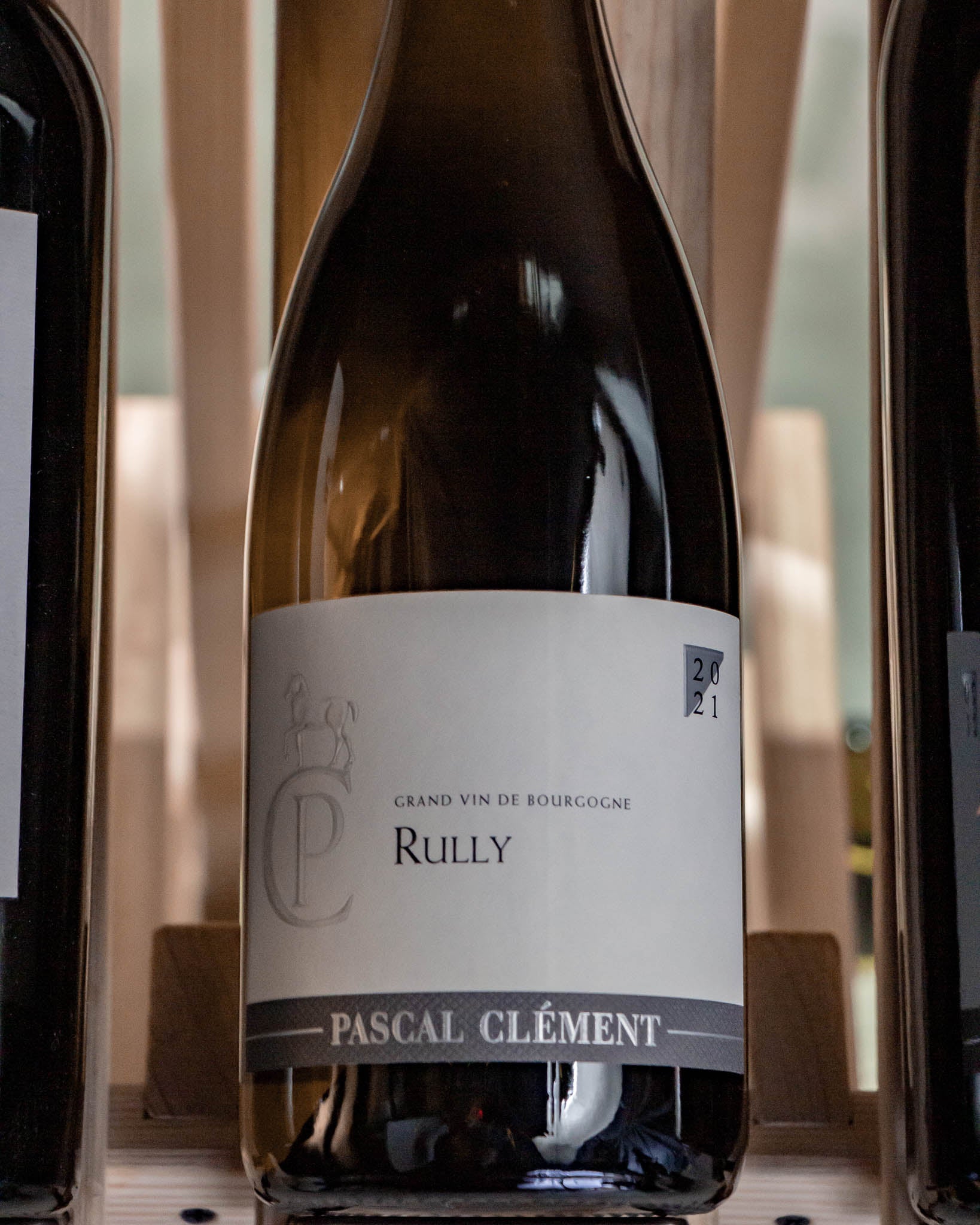Technical Details
- Pascal Clément
- France
- Burgundy
- Côte Chalonnaise
- Rully Village
- Saone et Loire
- French barrels
- 10 Months
- 13%
Pascal Clément Rully Village Blanc 2021
10% OFF RETAIL!
Pascal Clément has become a fast new favorite at First Bottle – with a selection of classically styled, utterly compelling wines that deserve the full weight of your attention!
Pascal Clément was born and raised in the village of Savigny-les-Beaune, raised in a family of vignerons, and seemingly destined to one day craft his own wines in Burgundy. That opportunity came about in 2012, after twenty years of study, working for both his family domaine and the legendary Domaine Coche-Drury in nearby Meursault. He launched his eponymous micro-négoçiant label, buying up tiny amounts of small parcels of fruit across the best vineyards he could find.
This expression of Rully – a picturesque village at the northern end of the Côte Chalonnaise – is classical in style, yet with a layered complexity that goes beyond a traditional “village-level” Burgundy. Rich and fruity, yet with a preponderance of minerality that ranges from smoky flint to wet river rocks, uplifted by the presence of floral notes like honeysuckle and acacia. He carefully harvests multiple plots across the village boundaries, with an emphasis on the clay-limestone soils that really allow chardonnay to exist at its most expressive form – yielding classical notes of green apple, and lemon, with exotic nuances of quince, and white peach. A well-integrated toastiness grants further depth, alongside an initial nuttiness that is just starting to awaken after four years since harvest.
His winemaking style is decidedly non-interventionist, and he works his vines under organic farming to coax the true terroir out of every precious grape he earns. In recent years, he has all but abandoned the use of regular 225-liter barrels, favoring instead the larger 500-liter oak casks that more readily allow the expression of the land and the fruit involved in his diverse portfolio over a relatively short aging period of just 10 months. Wines will undergo malolactic fermentation (or not) naturally, and depending on the vintage itself, with no bâtonnage driving further development or enhanced mouthfeel. This is Burgundy without adornment, and it is profoundly delicious. Under $50 for White Burgundy of this high quality, with a rising star producer at the helm, has become woefully rare these days – but this is, without question, a vigneron to watch – and a wine to collect eagerly.
PAIRING IDEAS: I’m matching this with a proper pub meal...Fish and Chips. Haddock is my preference for the fish, with a crispy ale batter, and a side of mushy peas. A little malt vinegar, a squeeze of lemon, and a sprinkle of sea salt...and you just might get me singing “God Save The Queen”.


